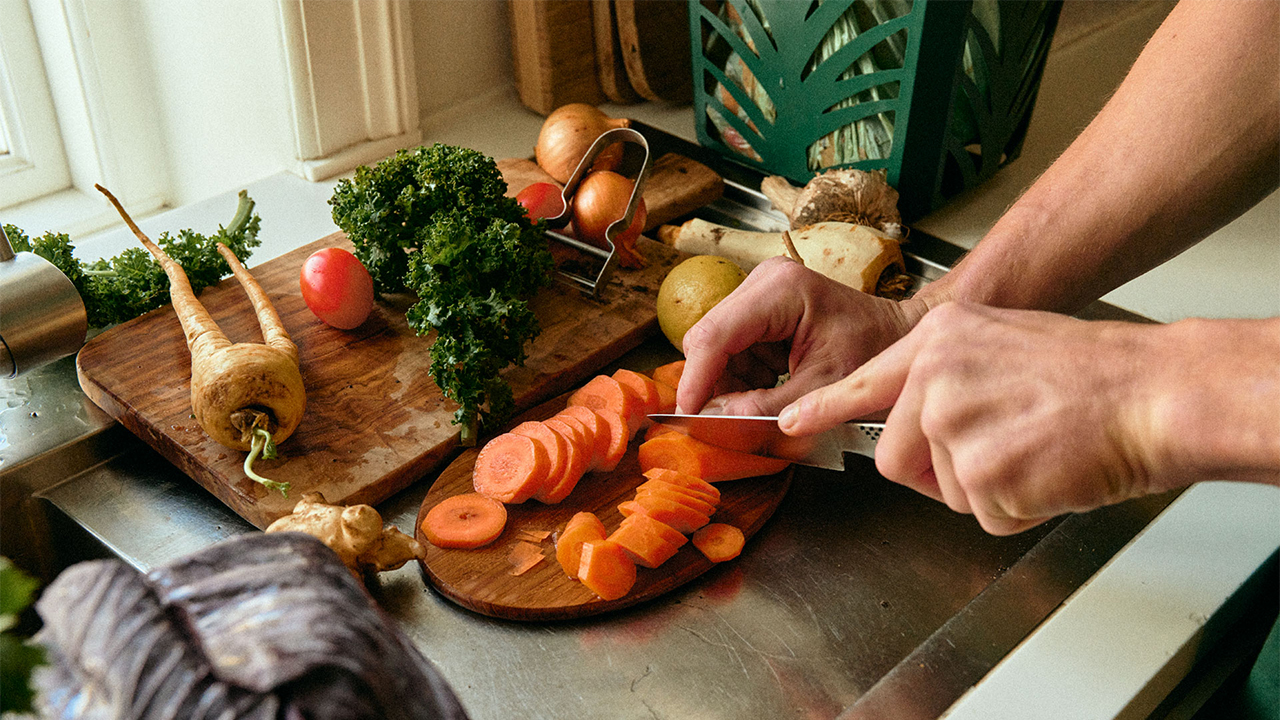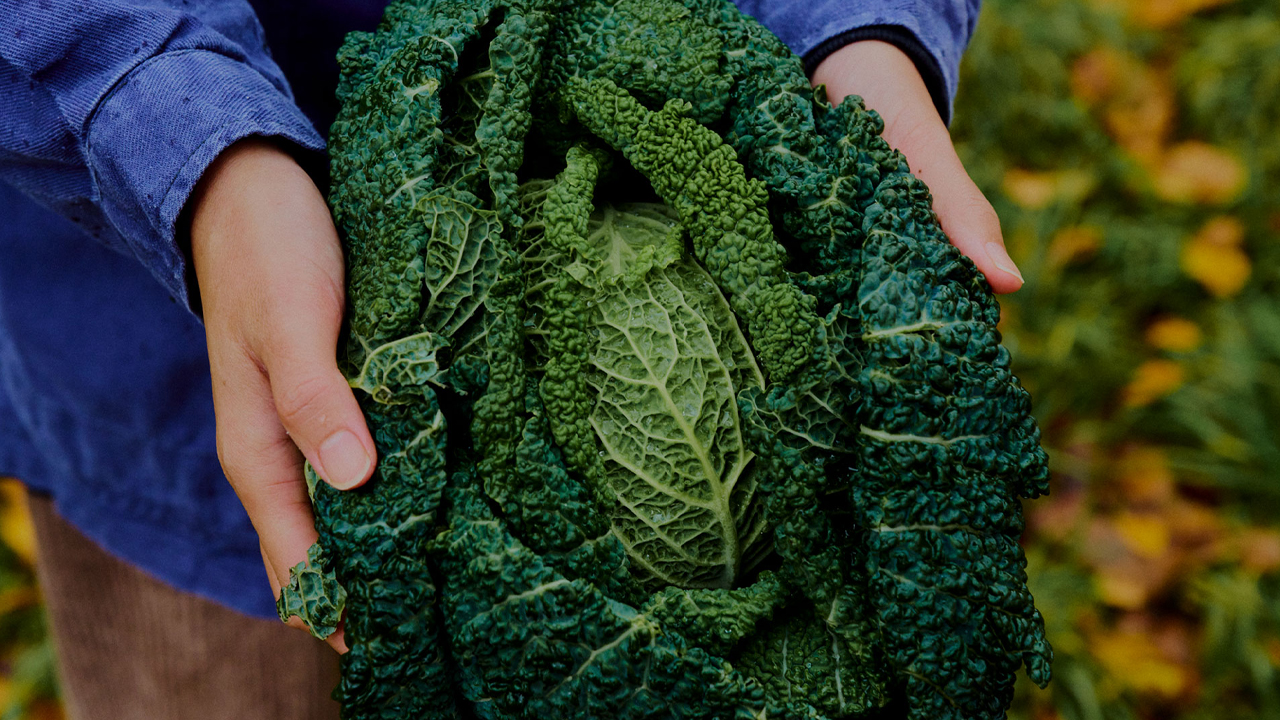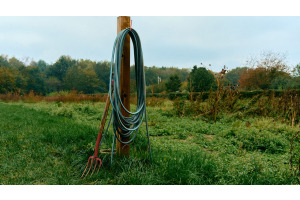Monthly Archives: April 2024
-
Posted: June 10, 2024Categories: Environmental ImpactRead more »
At Biobag, our dedication to sustainability and social responsibility has always been at the core of our business. We are therefore excited to share a milestone that underscores our commitment: Biobag Group has been independently verified, as part of Novamont Group’s certification, through the B-Corp Impact Assessment (BIA) with a score of 86.3.
Achieving this signifies our high standards in social and environmental performance. The B-Corp certification is globally recognized and awarded to companies that demonstrate a strong commitment to creating positive impact for their employees, communities, and the environment. This certification is a testament to our ongoing efforts to make a positive impact on the planet and within our communities. As part of Novamont Group’s certification, we align with their aggregated score of 118.8.
We are proud of this achievement and excited about the journey ahead. This milestone is not just a recognition of our past efforts but a commitment to
-
Posted: April 24, 2024Read more »
What’s the problem? Conventional plastic is a relatively cheap material to produce, and has amazing functionalities. If handled 100% correct and reused in all eternity, it probably wouldn’t be a problem. Human habit is the problem. An easy fix, you might think, and in theory, it is. In reality however… not so much. As of right now, we only recycle a disappointing 9%, and so we’re simply too far away from that ‘solution’. Human behaviour is not adapting fast enough.
With ‘the power of habit’ against us, it is naïve of us to think, that we can persuade the entire world population, to make sure no plastic is left in nature or even allowed to break in two. On the contrary, it would be much ‘easier’ to replace the conventional plastics, where possible, with certified compostable plastics because they leave no harmful residue behind. Of course, it still needs to be handled and disposed correctly and no plastic should ever end up in nature. Compostable plastic alternatives have the same featur
-
Posted: April 24, 2024Categories: Organic waste, Waste solutions, Environmental Impact, Bioeconomy, Soil health, MicroplasticsRead more »
Here is the issue.
If we collect organic waste in the normal bin with other residual waste, it goes to an incineration facility to be burnt or – in some countries – left in a landfill to rot. Burning it will release dioxins to the atmosphere. Leaving it in landfills will produce large amounts of methane gas into the open air. A gas, that is 28 times as damaging to the atmosphere as CO2.
Consequently, both are bad solutions, but worse so, they both completely overlook the potency and value that lies within the food waste itself.Avoiding the heavy pollution is therefore one thing, but it’s quite another thing to recover the valuable resources that lie within the waste. We can actually use this waste to give clean nutrition back into the Bioeconomy, but for that to be an option, we need to use a different waste bag.
If sorted and collected separately, organic waste can be converted into biogas or nutritious compost to grow new crops in and spread on the f
-
Posted: April 04, 2024Read more »
According to the United Nations Food and Agriculture Organization (FAO)3,4 the entire top layer of soil could be gone in 60 years, if the current rate of degradation continues. And with about a third of the world’s soil already degraded, we sort of have to do something quickly. Each year, approximately a billion tons of soil is lost due to erosion, and soil now suffers from loss of organic material, pollution, loss of biodiversity, salinization, overexploitation, and discharge of pollutants. Healthy soil would however strengthen our resilience and vulnerability to climate change, and so we need to focus on how to GIVE back to the Bioeconomy, and not only TAKE from it, in order to achieve a healthier soil.
A great contributing solution is actually within reach. Literally. It just so happens that every year, you and I (and the rest of humankind) waste around 1.3 billion tonnes of food – leftovers, scraps, fruit peels, vegetable skins, etc. This represents about one-third of






